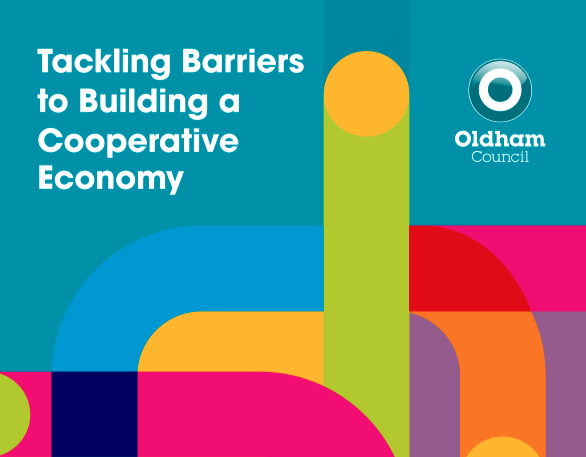Legal Framework for Social Value in Procurement and how to interpret the Procurement Act 2023
- April 2025
We use cookies to help you navigate efficiently and perform certain functions. You will find detailed information about all cookies under each consent category below.
The cookies that are categorized as "Necessary" are stored on your browser as they are essential for enabling the basic functionalities of the site. ...
Necessary cookies are required to enable the basic features of this site, such as providing secure log-in or adjusting your consent preferences. These cookies do not store any personally identifiable data.
Functional cookies help perform certain functionalities like sharing the content of the website on social media platforms, collecting feedback, and other third-party features.
Analytical cookies are used to understand how visitors interact with the website. These cookies help provide information on metrics such as the number of visitors, bounce rate, traffic source, etc.
Performance cookies are used to understand and analyze the key performance indexes of the website which helps in delivering a better user experience for the visitors.
Advertisement cookies are used to provide visitors with customized advertisements based on the pages you visited previously and to analyze the effectiveness of the ad campaigns.

As the title of this Policy Lab might imply, we currently don’t really have a “Cooperative Economy” in the UK: we have lots of
co‑operatives operating mainly as islands within an otherwise competitive and largely profit-driven economy, where their influence is marginal
We understand the term “Cooperative Economy” to denote something different from the mainstream economy. It is where people and organisations work together in a way which is guided by some shared values and principles which challenge the traditional competitive and financially driven approach. But it has to exist within the mainstream economy, and over time to influence it.
The ultimate aim is the happiness and wellbeing of all, not the private benefit of some. More specifically, it means people and organisations conducting their affairs differently, with everybody in mind, including future generations. Seeking to register lots of new cooperatives has (crudely) been the approach of recent years; it hasn’t worked. The desired outcome needs a different approach.
This Policy Lab poses three basic questions (or “lines of enquiry”) set out below, which need to be considered first to understand why we are where we are. We contend that the failure to provide good answer to these questions over recent decades has played an important part in the limited progress made in building a UK Cooperative Economy.
Providing better answers to those three questions is important, as it will be helpful in identifying the barriers that need to be overcome. But even more importantly, naming the real problems is essential if our collective ambition – building a UK Cooperative Economy – is to be delivered.